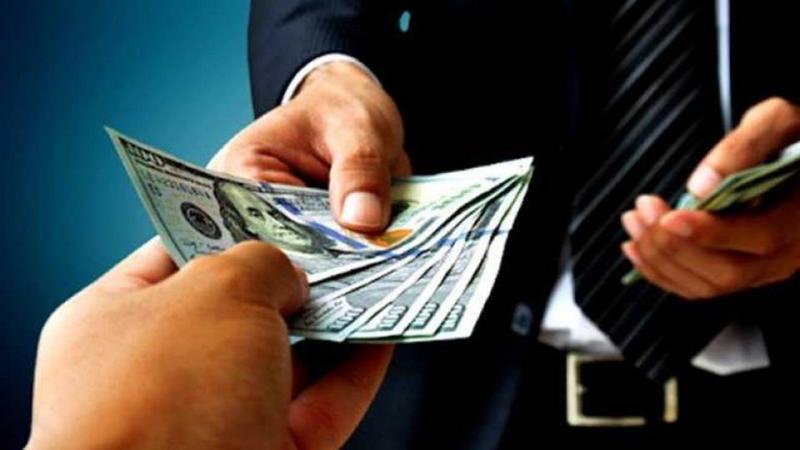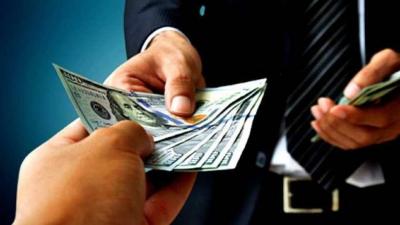The danger posed by the fluctuations in the dollar exchange rate in recent days does not merely stem from its swing between 39,000 pounds and 37,000 pounds. Although the difference between the two rates may seem considerable, it remains around 5 percent—a rate similar to what the dollar experienced daily in mid-2020 when the exchange rate was still around 5,000 pounds. The real danger lies in two aspects: the first is that the dollar is establishing itself at this threshold and preparing for a new leap. This comes after breaking the barrier of fear among citizens, as a decline of 1,000 or 2,000 pounds is now cheered. The second aspect is that pricing has become pegged to 40,000 pounds regardless of any decline in the price.
What is happening in the currency exchange market is described by political economy professor Pierre Khoury as "the natural result of the absence of economic policies that the government should implement, the budgetary policies undertaken by the Finance Ministry, and the monetary policies managed by the central bank, allowing the market to be left to the wolves." According to Khoury, "each of these policies is crucial for controlling the exchange rate and regulating inflation rates."
Khoury states that "in the absence of monetary policy, the market is based on speculation. There are no interest rates to intervene in absorbing excess liquidity or encouraging spending. There is no possibility for the trading of government bonds through buying and selling. The Lebanese Central Bank lacks the effective capacity to intervene in the market as a buyer or seller of dollars." With the absence of monetary policy, financial positions are liquidated by speculators to maximize profits. When the exchange rate rises to 39,000 pounds, speculators rush to close their positions, causing the price to drop. They then increase demand, leading to a rise in price, allowing them to make substantial profits in both scenarios.
The second significant issue affecting the exchange rate is the lack of prospects. With no hope for any future change, "speculators build their profits in accordance with market trends," Khoury argues. "The outlook is closed, and the lira is like a feather being tossed by the wind during a stormy night. All reports, the latest being from the IMF delegation that visited Beirut recently, indicate a negative assessment of the authorities' performance. This will expose Lebanon to being classified as a state that is not serious and undesirable for dealings."
The third danger relates to the budget. While the aim was to control spending, it surprised everyone by approving a threefold increase in public sector salaries. "Instead of the government addressing the situation with logical figures, it blinded itself with a 65 percent increase on the cash circulating in the market," Khoury states. The wage bill will rise from a range of 9 to 12 trillion pounds to over 30 trillion. This will have extremely serious implications for inflation and, consequently, for the rising dollar exchange rate. Meanwhile, addressing the repercussions of this measure will be very costly for the economy, especially with the move toward imposing taxes and fees, which will remain insufficient regardless of how much they increase.
The state is the one that has placed Lebanon and its citizens on the "swing" of the dollar. It is worth noting that there is not a single country in the world that allows its currency to be left to the black market as the Lebanese state does. Therefore, it is the responsibility of the Lebanese state to bring it down before it is too late.




